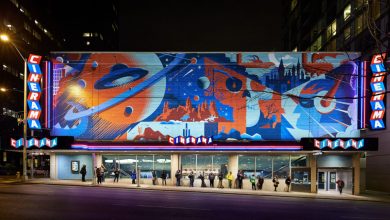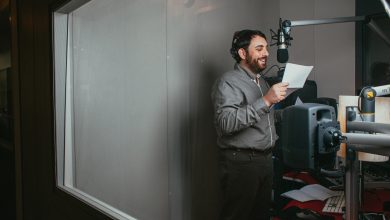How this workshop creates some of the world’s top sci-fi and fantasy writers, inside a Seattle house
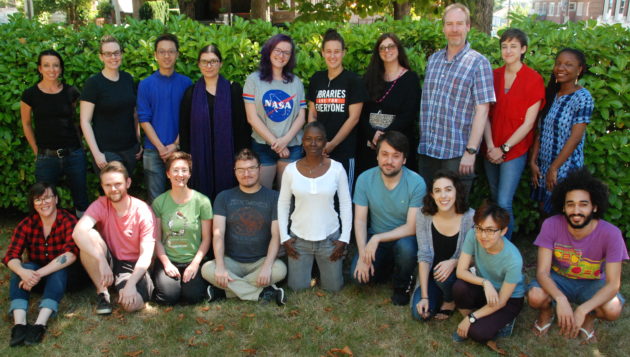
This and every summer around the first of August, 18 students leave a house in Seattle’s University District, after an intense six weeks in a crucible of creativity. Graduates over the past three decades have gone on to write bestselling novels, win science fiction and fantasy’s major awards, and become well-respected editors.
The Clarion West Summer Workshop may be the least-showy, most-influential contributor to the worlds of science fiction, fantasy, and horror in the universe.
“Probably our most famous current grad is Ann Leckie because her first book, right out the door, got the Nebula, the Clarke Award, the Hugo and the British fantasy and science fiction award,” said Neile Graham, Clarion West workshop director since 2001.
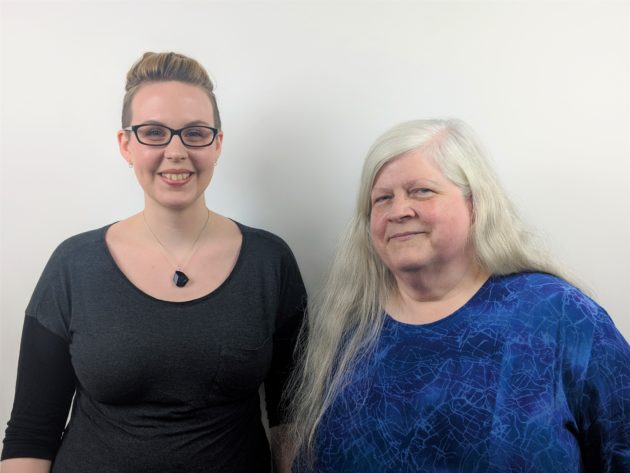
While Leckie’s Ancillary Justice may be the most recent success story, other Clarion West graduates include Daniel Abraham (half of The Expanse‘s James S.A. Corey), editor Gordon Van Gelder (The Magazine of Fantasy and Science Fiction), Cat Rambo (president of the Science Fiction and Fantasy Writers of America), and curator Brooks Peck (Seattle’s Museum of Pop Culture).
That’s heady company for any student to aspire to join, and applying to the summer workshop represents a high level of commitment to the craft. “It wasn’t a passing fancy or it wasn’t a thing I was trying out,” said 2018 graduate Rachel Simmons, who had been writing seriously for about six years before applying. “It was a thing that I knew that was for me.”
Graham and Simmons joined GeekWire for an episode of our special podcast series on science fiction, the arts, and popular culture. We talked about Clarion West’s contribution to the genres of speculative fiction — and how it wound up in Seattle.
Listen to the episode below or subscribe to the GeekWire Podcast to listen in your favorite podcast app.
First, about Seattle. The inspiration came from the Clarion workshop for beginning writers in Clarion, Pa., which award-winning author Vonda N. McIntyre had attended. McIntyre lived in Seattle, and started Clarion West in 1971. Clarion West’s workshop has been held in Seattle every year since 1984.
But even with a Seattle location, Clarion West’s students are increasingly global. “When I started working with the workshop, it was mostly local and national students and Canadians and a few people from the U.K. and Australia,” Graham said. This year, students hailed from Croatia, Nigeria, Greece, Hong Kong, Malaysia, Brazil, and the U.K.
“We didn’t have a single (Seattle) area student this year,” Graham said. “Usually we have one or two, but this year it was a very international class.”
Simmons, who is from Phoenixville, Pa., originally learned about Clarion West from a professor at Smith College in Massachusetts. She decided to pursue the 2018 non-academic workshop after what she called “a weird moment of synchronicity” in Philadelphia. “These two women behind me, were talking about Clarion West and one was urging the other to apply,” she said.
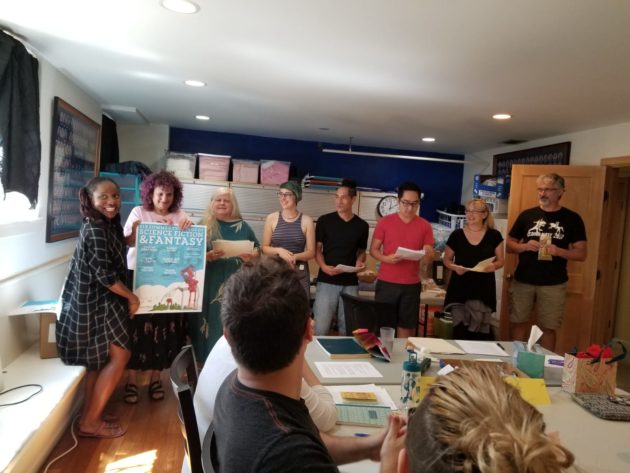
The workshop experience itself is intense. Each week of the six weeks, students are expected to write a new short story. For several hours every weekday morning, the students critique others’ work, a hallmark of the Clarion West process. And it’s intellectually gruelling, because it means carefully critiquing several stories daily, at thousands of words per story.
“You’re doing that every day, and you have to pour a lot of your attention into that, and that never stops,” Simmons said. “It’s just this conveyor belt and it always keeps going. In between doing your critiques, you have to find time to refill your own creative well.”
Some students hit a wall. Then, they “just take a day and wander around Seattle or go sit and walk in a park or take an afternoon and go swimming,” Graham said. “Those sorts of things do happen. They just need to get away for a bit.”
A new instructor guides the students each week, and Graham said a lot of care goes into finding the right qualities, from teaching experience to genre knowledge. “Obviously you want eminence in the field, whether it’s early or late in their career,” she said. “We want them to be able to be articulate about writing, about writing matters, about characterization, about all the elements that go into writing a good story.”
For example, instructors this summer included long-time editor Ellen Datlow, award-winning novelist Karen Lord, and 1998 graduate Daniel Abraham. Previous workshops have been taught by Cory Doctorow, Ursula K. LeGuin, Neil Gaiman, George R. R. Martin and many other established names.
Graham said what makes Clarion West stand out from some other writing workshops is that it doesn’t minimize the importance of speculative fiction. “What’s really different about it, I think, is the focus on creating works of the imagination,” Graham said, recalling how a science-fiction writer in a different program she’d once attended, “was basically scorned and laughed at.”
“But I look at the people who graduated from the (other) fiction program that year, and who’s the one who’s published 20 novels? The science fiction author,” she said.
Clarion West, as a non-profit literary organization, charges $4,200 for its workshop, which includes tuition, room and partial board. Graham said there are scholarships, and support for Clarion West overall comes from a number of organizations, including the National Endowment for the Arts and Amazon.
“We were actually the first organization that Amazon gave money to as a nonprofit and they have been wonderful in supporting us through the years,” Graham said.
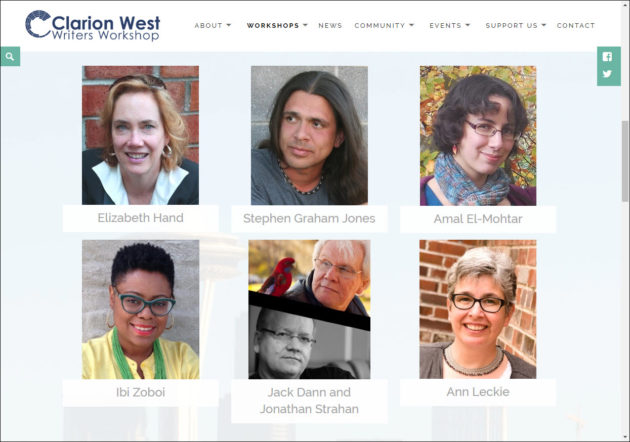
Ultimately, Graham said, Clarion West is a test of commitment. “I think that’s what we do best, is we help students get to that place where they are ready to launch a career, they are ready to make writing a huge part of their lives,” Graham said.
Simmons’ advice for budding speculative fiction writers, now that she’s graduated from Clarion West? “Do it for yourself and don’t do it for other people,” she said. “Write what you want to write because that is what pleases you, and that’s what makes you happy and that’s what resonates with you. Don’t do it to be commercially successful or because you want to impress other people.”
Graham agrees. “It’s very important that people write the stories that they can write, and not the stories that other people are writing at the same time,” she said. “I think learning what you want to write is an important stage of the process.”
And, she said, today she finds a lot more people want to write speculative fiction.
Listen to this episode in the player above and subscribe to the GeekWire Podcast in Apple Podcasts, Google Play or your favorite podcast app. Podcast production and editing by Clare McGrane.
Previously in this series: How science fiction can predict the future and help tech innovators make better decisions
Conclusion: So above is the How this workshop creates some of the world’s top sci-fi and fantasy writers, inside a Seattle house article. Hopefully with this article you can help you in life, always follow and read our good articles on the website: Ngoinhanho101.com

